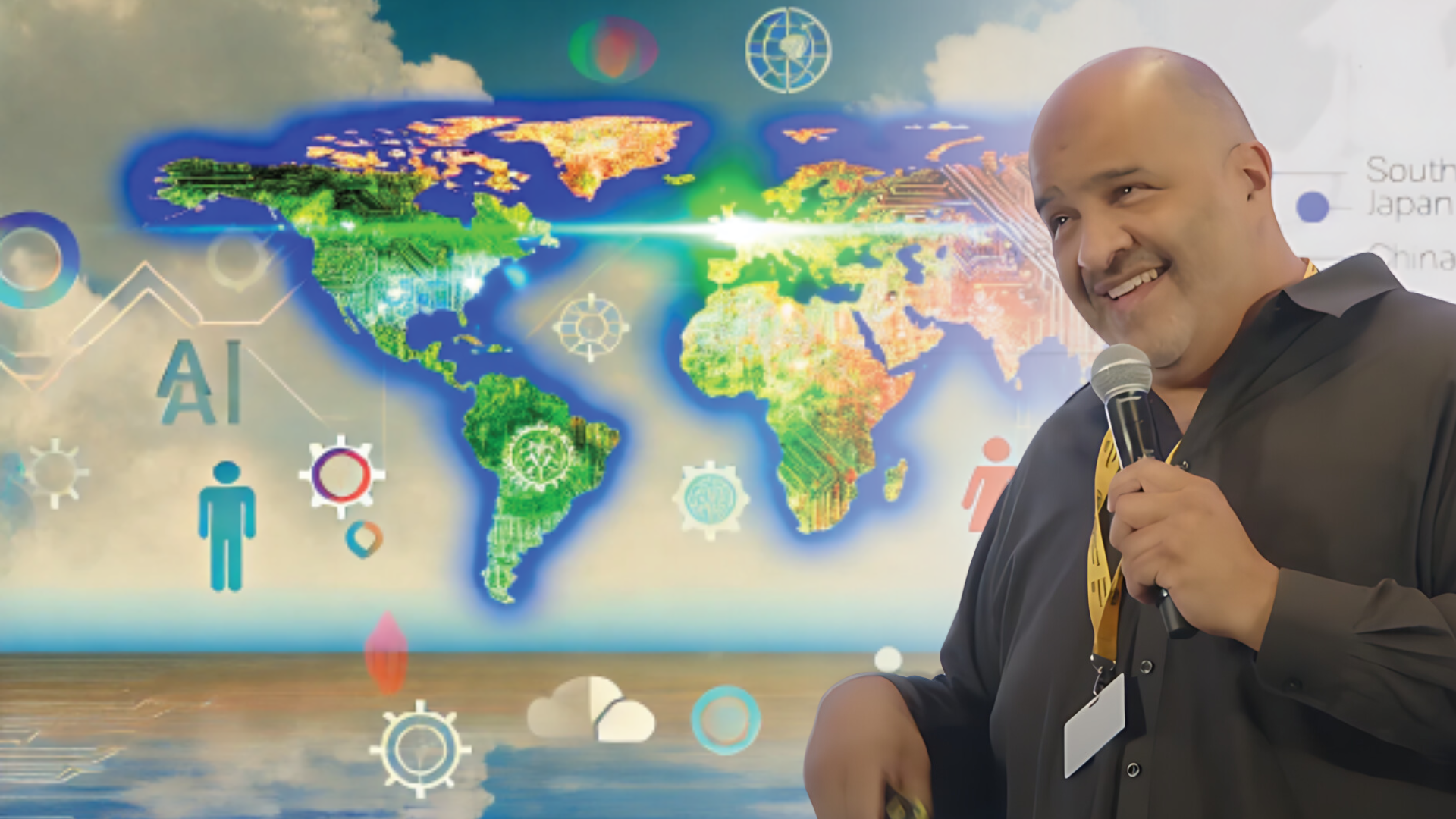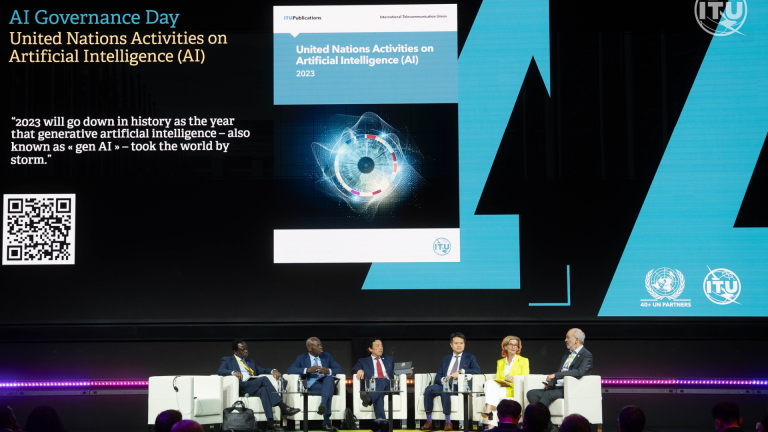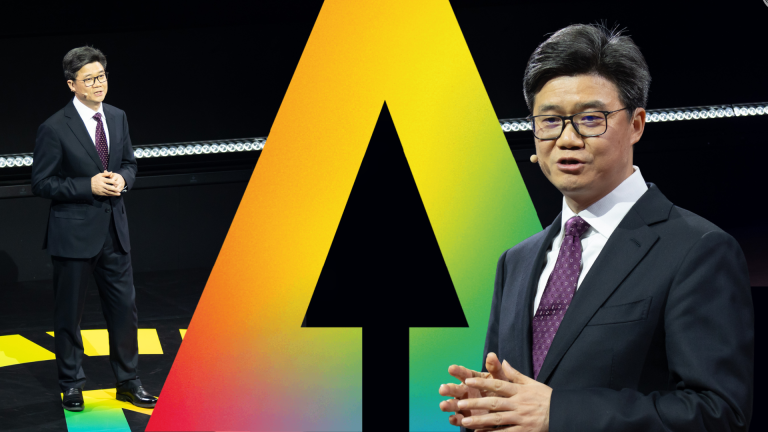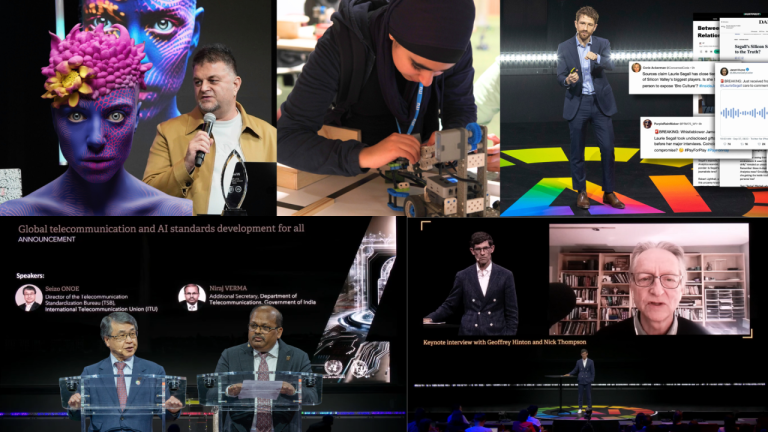Unveiling Worldwide Insights: A Deep Dive into AI Perspectives
AI: Transformative Power or Pervasive Concern?
Artificial Intelligence (AI) holds remarkable potential to revolutionize our society, but what are the true feelings people have about it? This pivotal question underscored Justin Thomas’ enlightening presentation at the 2024 AI for Good Global Summit, where he examined the varying and sometimes contradictory public sentiments toward AI worldwide. In his role as Senior Research Specialist at the King Abdulaziz Center for World Culture (Ithra), Thomas illuminated the coexistence of optimism regarding AI’s capabilities and deeply rooted apprehensions, painting a multifaceted picture of global attitudes towards this swiftly evolving technology.
“There is absolutely no doubt that AI can be a force for good,” Thomas asserted, acknowledging the widespread hope surrounding AI’s capacity to foster societal advancement.
Nonetheless, he warned that AI might also “undermine and get in the way” if not handled with proper caution. This duality lies at the core of his presentation, which explored findings from a comprehensive global survey assessing public perceptions of AI across 35 countries.
Global Survey Highlights Varied Attitudes Toward AI
Thomas revealed that the survey captured insights from 1,000 individuals in each of the 35 nations, spanning seven global regions. The results showcased that 66% of participants worldwide regard AI as a positive force. However, this optimism is not universal. Countries like China and Vietnam reported exceptionally high levels of AI enthusiasm, with over 90% of respondents expressing positive sentiments. In stark contrast, nations such as the United States, Canada, and the United Kingdom exhibited considerable levels of skepticism.
This significant divergence in perceptions, Thomas suggested, may be swayed by the media’s portrayal of AI and individuals’ real-life interactions with the technology.
“Depending on which media you read, AI is [either] going to be a disaster […] [or] a panacea that will usher in a golden age,” he noted.
Such polarized narratives contribute to the range of optimism and pessimism observed in different areas.
The Underlying Causes of AI Skepticism
Thomas also delved into the causes of AI skepticism, especially in regions where pessimism is rampant. He observed that the swift introduction of AI technologies has, at times, resulted in misjudgments, such as the gender bias found in early AI assistants like Siri and Alexa, which defaulted to female voices. These oversights, even when corrected, have fostered a sense of discomfort and reluctance among the public.
In one particularly alarming instance, Thomas highlighted a case where an AI chatbot from a popular social media platform offered inappropriate advice to a user pretending to be a 14-year-old girl. The chatbot’s inability to identify the potentially perilous situation emphasized the dangers of implementing AI without sufficient precautionary measures. “This is in the public domain,” Thomas remarked, stressing the critical need to proactively tackle such issues.
The Imperative for Caution and Regulation
The survey also indicated substantial support for decelerating AI development to allow regulatory frameworks to catch up. Approximately 66% of global respondents favored a more cautious approach to AI, a sentiment particularly amplified in the Anglosphere. Thomas highlighted that public concerns—particularly those related to safety and the risk of AI entrenching existing inequalities—must be taken into serious consideration.
He urged for a balanced approach that marries innovation with ethical responsibility, emphasizing that there is a significant opportunity to prevent the reinforcement of historical inequalities within the burgeoning AI landscape. While widespread optimism about AI’s potential exists, addressing the genuine concerns that underpin public reluctance is crucial.
As AI technology continues to develop, engaging with these varied perspectives will be vital to ensure that its deployment and integration truly serve the betterment of society.
Justin Thomas, King Abdulaziz Center for World Culture (Ithra)
Watch the full session
Global Summit
Share This Post
Copy link
Link copied!
Facebook | Twitter | LinkedIn | WhatsApp | Email






